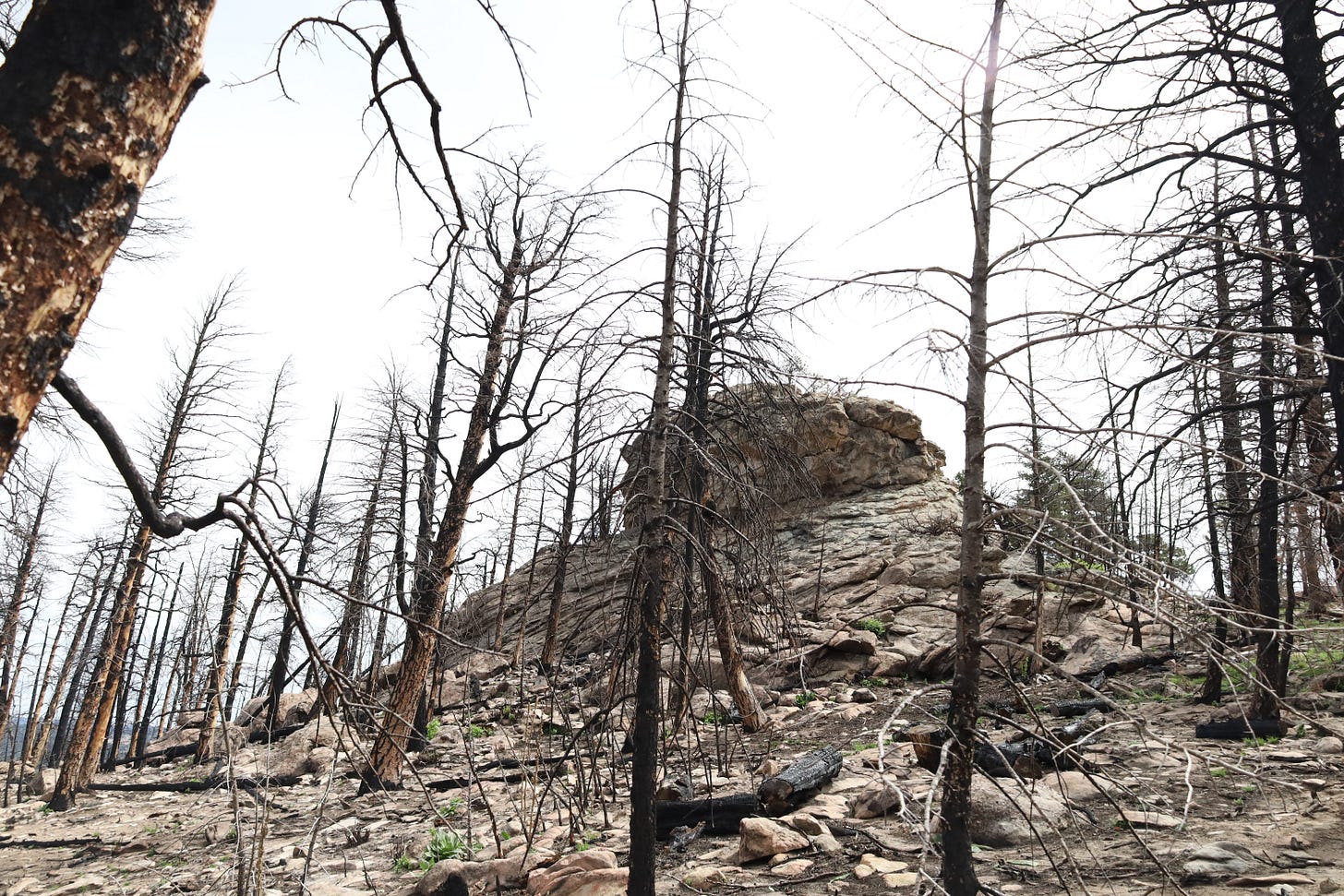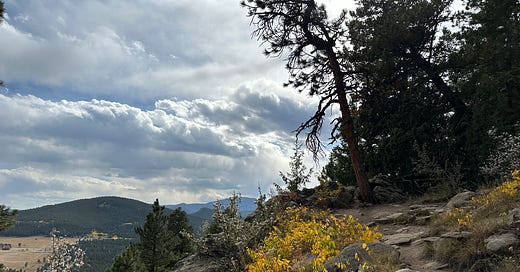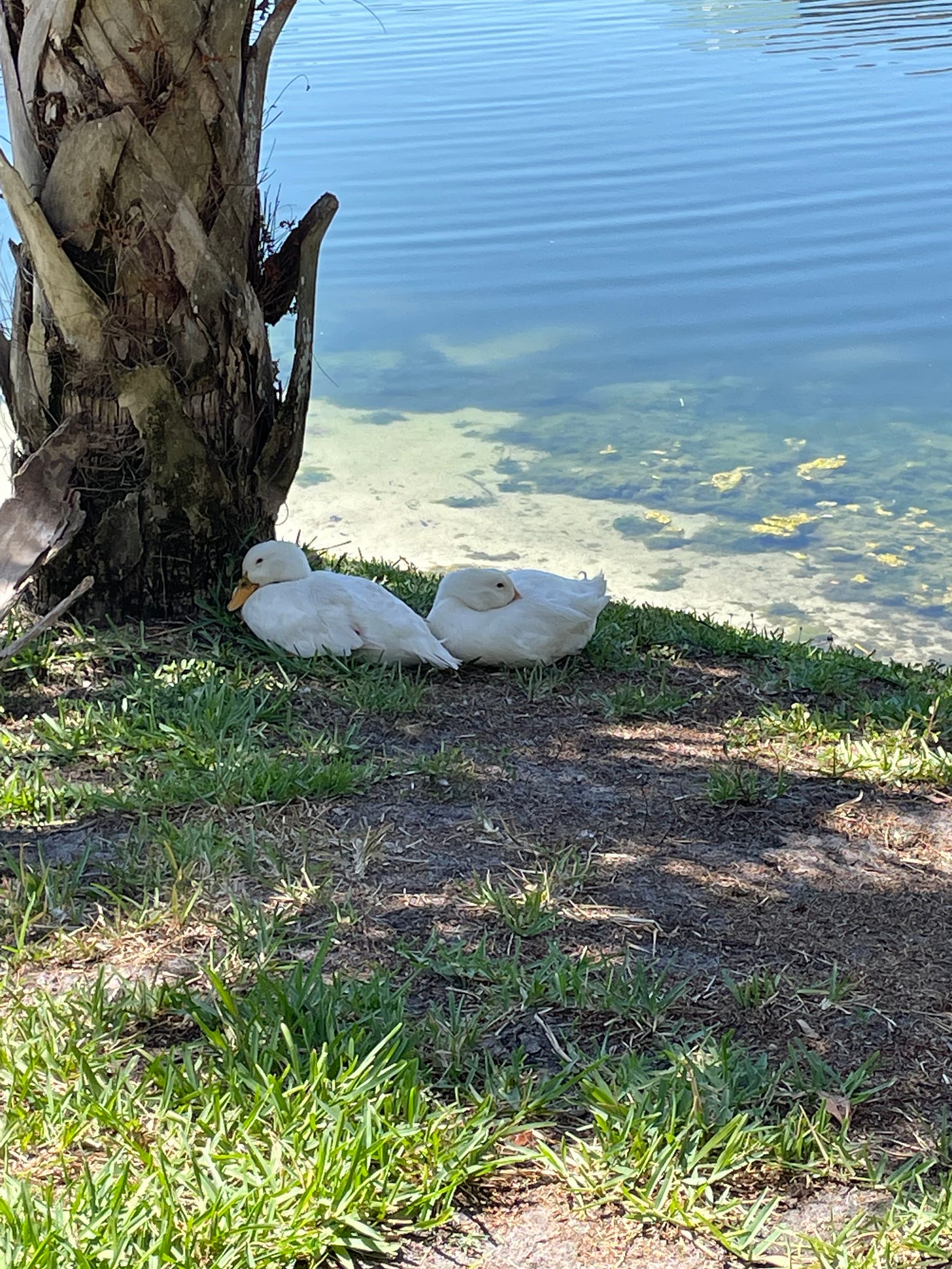Adrenaline Addiction: Rehabilitating an Unhealthy Relationship with Adventure
You can lose yourself chasing the natural high of an adrenaline rush. Sometimes it takes a bit of boredom to remind us of what really matters.
Work brought me away from the Rockies for a couple of years. When I returned, I decided to revisit one of my favorite hikes – previously documented and photographed in the post below:
There’s a lot to like About this Butte
This out-and-back trail boasts enough mileage to make it seem just a little bit less approachable than its neighbors, making the route a quiet place to take in some truly breathtaking views.
It’s also short enough that it doesn’t take up the whole day; you can reach the top and be back in town for an early lunch. Plus the pines smell great, and offer nice tree cover on sunny days.
Now confident in the terrain, I don’t agonize over the navigation as much as I usually do when lacing up in the tiny trailhead lot. My feet find comfort in the familiar route, crossing the grassy meadow over a weathered wooden boardwalk.
The trail at the edge of the clearing meanders between swaying aspen trees, winding up toward the hulking rock formation that dominates the horizon.
After a brief stint up what looks like a washed out fire road, we turn westward along a much narrower path, broken by thick roots and natural stone steps. The path alternates between little scramble sections, and sweeping views of the surrounding area.
From one such overlook, the cars at the trailhead are visible as specs.
I know we’re nearing the top when I see a pair of familiar Fourteeners between the trees, before the doubles back on itself and turns toward the top of the butte.
But after another few hundred feet, that sense of familiarity evaporates.
There are no markers, or a path to speak of. I can make out a few charred tree trunks amid a thicket of twiggy saplings, springing up through gaps in the rock face.
Then it clicks: shortly before my first visit — years ago, mind you — a wildfire scorched the area surrounding the peak. I’d gotten so accustomed to the damaged, burn-scarred summit that its healthy state was unrecognizable to me.

For a Long Time, I Chased Adventure for the Wrong Reasons
The last time I’d been to Elephant Butte, I hadn’t exactly been a healthy hiker… at least not as far as my mentality was concerned. I approached pretty much everything with a certain degree of intensity that makes more sense within the context of my upbringing.
My family shared with me a profound love and respect for the outdoors, and put me in the Boy Scouts to sharpen my survival skills. My grandfather brought Cub Scout enrollment paperwork to the hospital the day I was born.
Our troop prided itself on tackling ball-bustingly tough backpacking trips, with some of the older boys sneering at the idea of a relaxing outing.
“If you can see the car from the campsite, you’re not really camping.”
My time indoors was mostly spent watching shows like Rocket Power, and playing video games like SSX Tricky (not much has changed.)
While my parents don’t ski or snowboard, my forest ranger aunt does. She and my uncle chaperoned countless trips up the mountain, from the bunny hill to black diamonds.
My parents understandably grew a little worried about my new ability to zip down the mountainside on a sharpened blade. They shared every cautionary tale you can imagine, telling me stories of riders who ended up paralyzed, concussed, or killed by recklessness. The refrain was usually the same:
“One Mistake can Change Your Life Forever.”
This sentiment sat at the core of most lectures I endured as a teen, no matter the topic. Of course, I wouldn’t take my parents’ lesson to heart until after my brain finished developing, and I acquired a sense of self-preservation.
This wasn’t enough to deter my love of extreme sports. But now, an annoying little voice accompanied every adventure, badgering me about how badly I could hurt myself.
“Careful of that edge, you could faceplant; double check that retrace knot, you don’t want to break your back,” Etc.
I first chalked this up to an internal conflict, rooted in an odd combination of personality traits I don’t believe were meant to coexist in the same brain. There’s a constant tug-of-war between the side of me that wants to meticulously plan for every contingency, and the one itching to drop everything and do something stupid and impulsive.
To the outside observer, my move to Colorado probably looked like something stupid and impulsive. To me, it felt preordained. Perfectly logical.
After all, it’s not like I just threw all my stuff in my old Jeep, pointed the tires west, and prayed things would vaguely work themselves out. I’m part planner, after all.
There was a place to live, and a job all lined up. Granted, the timeline between me learning the job exists, and accepting their offer was only a couple days.
I’ll never forget what it was like seeing those mountains for the first time. I could wax poetic all day, but John Denver basically nailed it in “Rocky Mountain High.” You can give it a listen here, if you’re not familiar:
There is however one feeling which the legendary musician failed to capture: as a lover of adventure, moving to the Mile High city is a bit like being an unrepentant gambling addict, turned loose on the floor of the world’s coolest casino. Only instead of flashing lights and game tables, I had soaring peaks, rolling trails, and waist-deep powder.
The sheer multitude of adventures overwhelmed the senses. There was more than you could do in a lifetime, but you better believe I was going to try. If I wasn’t hiking, biking, or climbing, I was planning my next outing.
Working the overnight shift afforded the flexibility for frequent midweek mountain escapes. I sacrificed sleep to snowboard almost every other day. That was okay though; the thrill of it all kept me awake long after I’d made it safely home.
Speed Check
I always considered myself an adrenaline junkie, but never truly understood the meaning of the phrase until I went through withdrawal.
My quasi-bender came to an end on an east coast powder day — read: dust on crust — at Copper Mountain. I came in way too hot for a kicker, speed checked, skidded, and skipped on my ass like a rock across a pond. From the first bounce, I knew my tailbone was injured, but two and three really sealed the deal.
This put me on ice – literally – for about six weeks. Sitting was excruciating, except on the softest of surfaces. By extension, so was driving, biking, and boarding.
In other words, I’d been cut off.
Worse than my adrenal hangover was that the entire situation gave credibility to that nagging voice of doubt. Sure, a bruised tailbone would heal. But what if I’d landed at a different angle and snapped my spine, or smashed my face into the hard pack?
Questions like these became increasingly frequent and unhinged. What’s more: my mind started scrutinizing even the slightest post-activity soreness as a potential life-altering or season-ending injury.
At the time, I didn’t see how closely this weird hypochondria followed the thought process of an actual addict — despite the fact that I’m not the type who even really likes alcohol, let alone drugs.
My planner-side firmly took the reins here, structuring my life completely around scoring more adrenaline. More than anything, I lived in fear of losing access to it again.
It didn’t take long for this fear to outweigh the actual joy and excitement I had for exploration. A growing part of me was relieved every time I made it home uninjured, like I’d gotten away with something.
What’s worse: I wrapped up so much of my identity and value into thrill-seeking, I also worried about who I’d even be if an injury knocked me out of commission again.
Ultimately it wasn't my body that sent me back to the sidelines.
It was my career, relocating me to Florida.
Forced Adrenal Sobriety
Adrenaline addicts don’t go to regular rehab; they get sent someplace flat and far from nature.
There were still parks and things to do outside in the sunshine state, they just felt slower somehow. Things like paddling and walking on the beach brought their fair share of enjoyment, but I could never shake the feeling I was in a zoo enclosure’s imitation of nature, screaming for stimulation.
Existence felt like a metaphysical muscle spasm: my brain begged my body to do something, anything to earn the epinephrine and dopamine cocktail it craved. For its part, my body would issue an equally frustrated reply: “Do what?”
The result was a twitchy feeling of uneasy discomfort; neither resting, nor accomplishing anything.
As time went on and the reward loop rewired itself, I realized how desensitized I had become to life’s little joys. Things like a trip to the local ice cream shop, or a morning walk around the neighborhood duck pond would’ve been tick-box items on a long, long list. Now, they’re fun moments I actually look forward to.
The further along I came in my adrenal sobriety, the deeper my appreciation grew for facets of my life I’d entirely overlooked.
After a year-and-a-half in corporate exile, I was due back in Denver for a friend’s wedding. Part of me worried about how this homecoming would feel, and whether it would upset the delicate homeostasis I’d cultivated.
Nonetheless I returned, and decided to revisit a few of my favorite places while I was back. Elephant Butte was near the top of my list.
This time, you might expect, was different.
I wasn’t looking at it as a quick way to get a cheap hit from my body’s reward system; it was just nice to smell the trees, hear the birds, and feel the breeze.
With the benefit of hindsight, I realize the forest felt different due more to my growth, than its own. After all, how could I hope to recognize the tiny details of this place, when I barely paid attention to them before?
Twice in my career as an adventure writer, I came close to understanding this. The first was during a piece called “‘Make Your Friends Jealous with an Instagram-Worthy Hike,’” a tongue-in-cheek takedown of peak bagging culture.
The gist is that it’s good to explore, as long as you’re doing it for fun and not to fill out an arbitrary checklist. I later revisited this concept as the “Duty to Adventure,” a sense that your mere proximity to something cool carries an obligation to go explore it.
In other words:
“Finish climbing your mountains; don’t you know there are bored children in [insert your least favorite city, state, or country]?”
Now that I am returning to Colorado to put down roots, I’m trying to maintain a healthier balance with my thrill-seeking nature, and be cognizant of the real reason why I venture out.
I’ve long argued that immersion in nature offers something similar to Abrahamic Mana; an un-hoardable provision for the soul, capable of easing the mental distress we inflict on ourselves through a deeply unnatural way of life.
Everything else is window dressing.
What makes you want to get out and explore?
We want to hear from you in the comments. Thank you for reading today’s essay. If it spoke to you, consider sharing it on the social media site of your choice!
Special thanks to those of you who support Quandary Magazine financially. Sharing these stories is a joy, even for free. But having a few extra bucks really helps put gas in the tank to travel farther and bring you better stories.
P.S.: Thanks for being patient while waiting for this post; I spent last week driving across the country and didn’t quite have time to finish editing.










This was outstanding - at 59 and having broken an ankle just 4 years ago chasing my son down a black diamond, the war of the mindsets between “wisdom” of old age and the stubborn nature I have has been an adjustment like you describe.
But like you say there are many reasons why it doesn’t end and time out in nature doesn’t have to be the do or die of high adventure.
Getting old sux, but still being around to witness kids get out and enjoy is also a new set of discoveries waiting to happen.
I've always been outdoors and active and certainly into some pretty intense sports but never really got the adrenaline junkie feel though I saw it in a lot of my friends. It's like they had an itch and couldn't really appreciate the fun of what they had. My university owned a ski hill just 10 minutes from door to lift and, after class, I'd jot over for just an hour to play around and clear my head. A housemate of mine would rarely come because he wouldn't have enough time to get warmed up for the 'big hit' and actually didn't board for as many hours that year as I would. It was interesting to see and cemented then the idea of being in the here and now vs. looking for that dose of adrenaline.